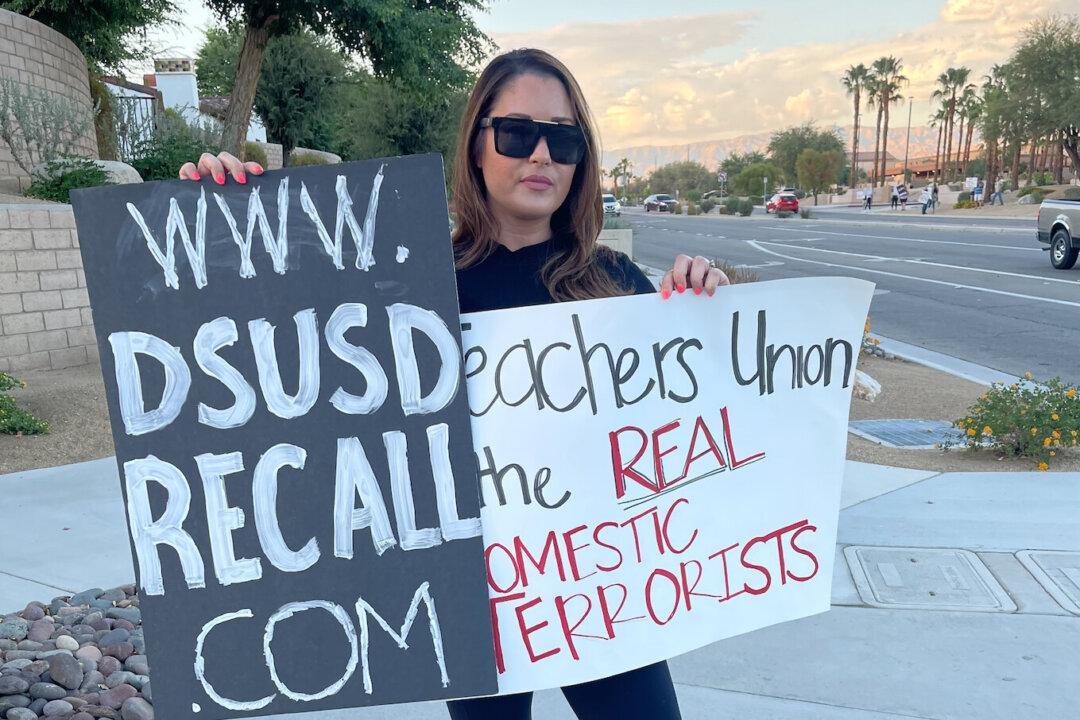A controversial letter sent to President Joe Biden, in which the National School Boards Association (NSBA) asked that some parents attending school board meetings be considered domestic terrorists, was the final straw for the Pennsylvania School Boards Association (PSBA).
The letter (pdf) prompted the Department of Justice to announce that the FBI and U.S. attorneys would discuss ways to address threats against school employees and board members, a task traditionally left to local law enforcement.





